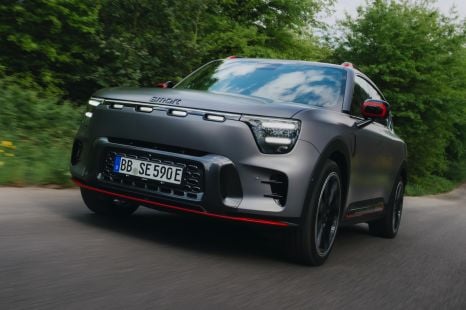

James Fossdyke
5 Days Ago
Tesla is the biggest winner in Europe's tariff increase on Chinese electric vehicles, with the US EV specialist receiving a big tax cut.

Contributor
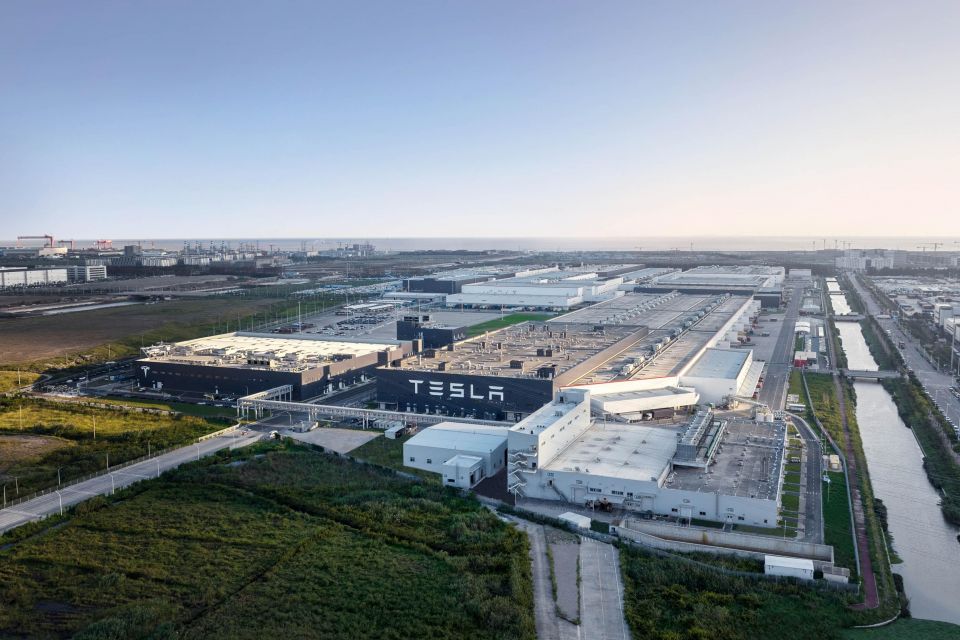

Contributor
US electric vehicle (EV) giant Tesla has benefitted from a reduction in the tariff on its Chinese-built models sold in Europe, as the continent continues to try and protect its car industry.
In June, the European Commission announced it would impose tariffs ranging from 17.4 per cent to a 38.1 per cent – on top of its existing 10 per cent tax on all imported vehicles – on EVs coming from China.
Tesla, which builds the European-delivered Model 3 in China, was initially slugged with a 20.8 per cent tariff, though this doesn’t apply to the German-built Model Y nor the Model S and X that are built in the US.
100s of new car deals are available through CarExpert right now. Get the experts on your side and score a great deal. Browse now.
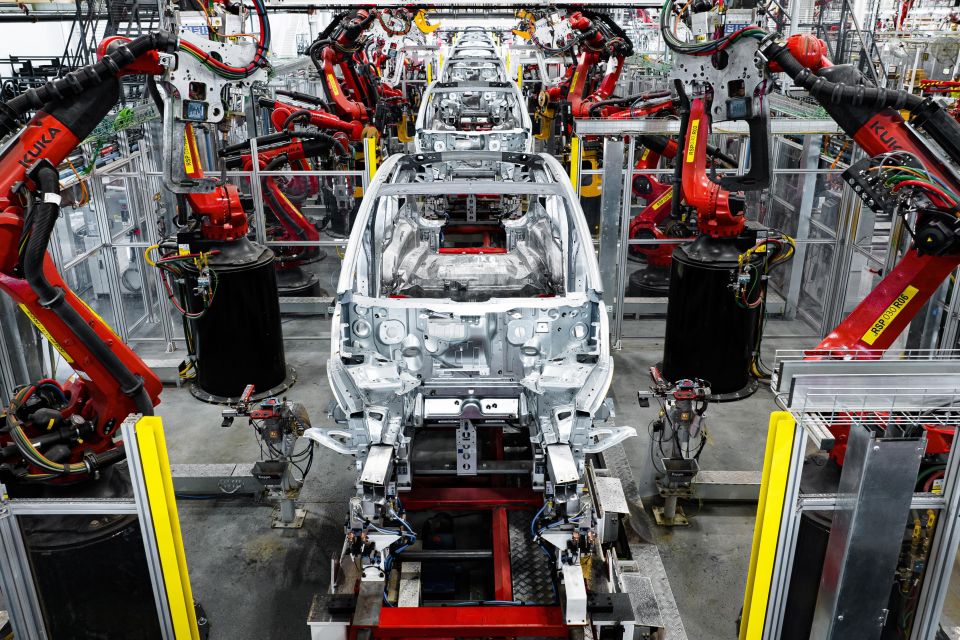
However, following further investigations by the European Commission, Tesla has had its tariff reduced to just 9.0 per cent, though this doesn’t include the existing 10 per cent import tax.
According to Reuters, Tesla’s tariff was reduced after the European Commission discovered the US brand had received less subsidies from the Chinese government than other EV makers based in the country.
Tesla wasn’t the only EV maker to have its tariff rate reduced, though it was by far the most significant beneficiary.
BYD was initially hit with a 17.4 per cent tax rate, since reduced to 17 per cent even.
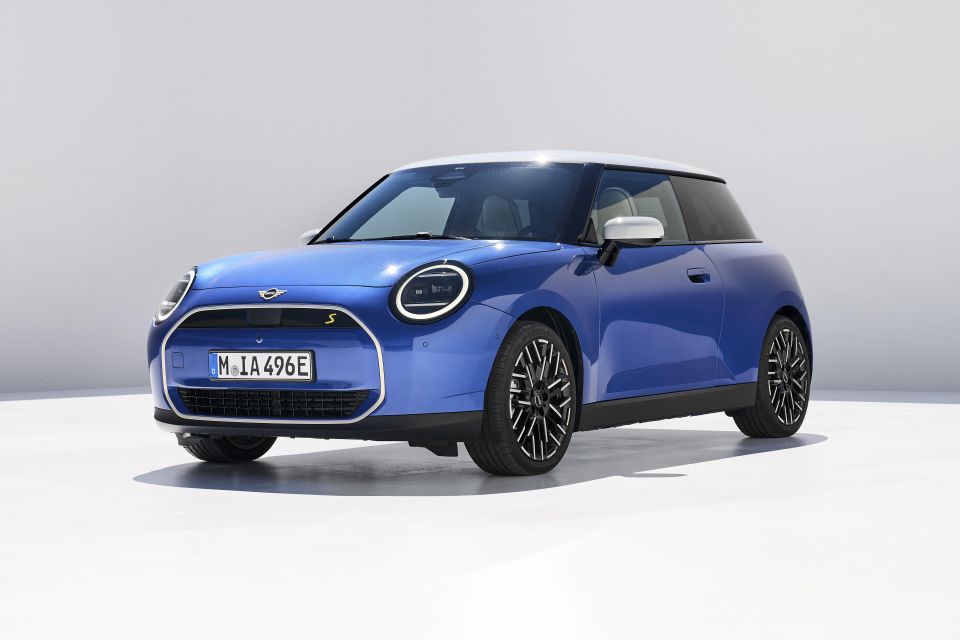
Geely – which owns Volvo, Polestar and Lotus, among others – will have its EVs slugged with a 36.3 per cent tariff, a small reduction on the initial 37.6 per cent tax.
The same concessions haven’t yet been made for other brands though, with the SAIC Group – owners of MG and Maxus/LDV – facing a 38.1 per cent tariff, while Chery, Great Wall Motor (GWM), Leapmotor, Nio, Xpeng and all face taxes of 20 to 21 per cent.
Reuters reports that European carmakers who are building their EVs in China through joint ventures with local manufacturers expect to receive a tariff reduction.
This includes BMW which now produces the electric Mini Cooper in China with GWM, initially leading to a 37.6 per cent tariff but since reduced to 21.3 per cent, the publication reports.

Carmakers will continue to be able to submit their arguments against their current tariff rate until the end of August, with the full effect of the tariffs due to come into effect by October 30.
China has already fired a warning shot back at Europe, after a government-affiliated auto group suggested the country raise its tariffs on imported internal combustion sedans and SUVs with engines larger than 2.5 litres from 15 per cent to 25 per cent.
Exports of such vehicles from Europe to China totalled 196,000 units in 2023 in an 11 per cent year-on-year increase, according to data from the China Passenger Car Association.
Reuters additionally reports Germany’s exportation of sedans and SUVs with engines larger than 2.5 litres to China brought in US$1.2 billion (A$1.77 billion) in 2023.
MORE: Is a trade war brewing? Chinese carmakers want anti-Europe tariffs MORE: China fires back in tariff war with Europe and US MORE: Europe’s influx of affordable electric cars causes political flashpoint MORE: Europe plays favourites in latest Chinese EV tariffs MORE: Tariffs on Chinese EVs will make ‘everyone poorer’ – Germany MORE: US to slug Chinese EVs with huge tariffs
Take advantage of Australia's BIGGEST new car website to find a great deal on a Tesla.
Born and raised in Canberra, Jordan has worked as a full-time automotive journalist since 2021, being one of the most-published automotive news writers in Australia before joining CarExpert in 2024.


James Fossdyke
5 Days Ago


Gautam Sharma
4 Days Ago
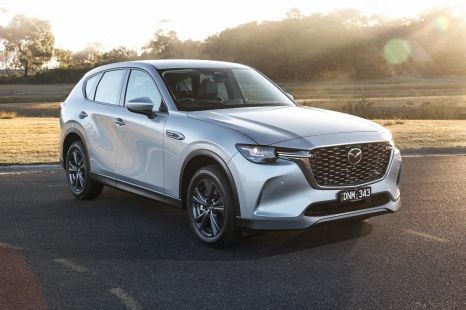

Josh Nevett
3 Days Ago
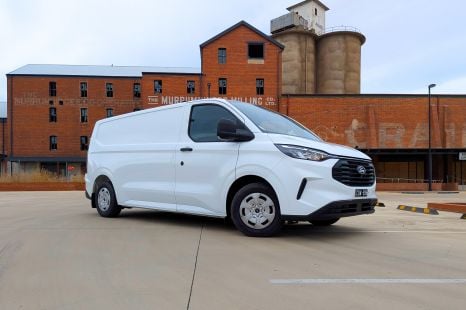

William Stopford
2 Days Ago
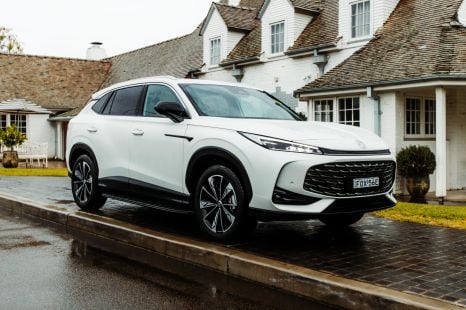

James Wong
19 Hours Ago
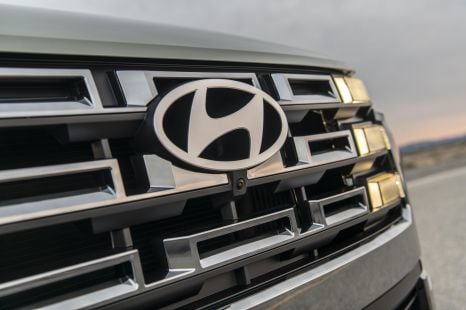

Josh Nevett
17 Hours Ago